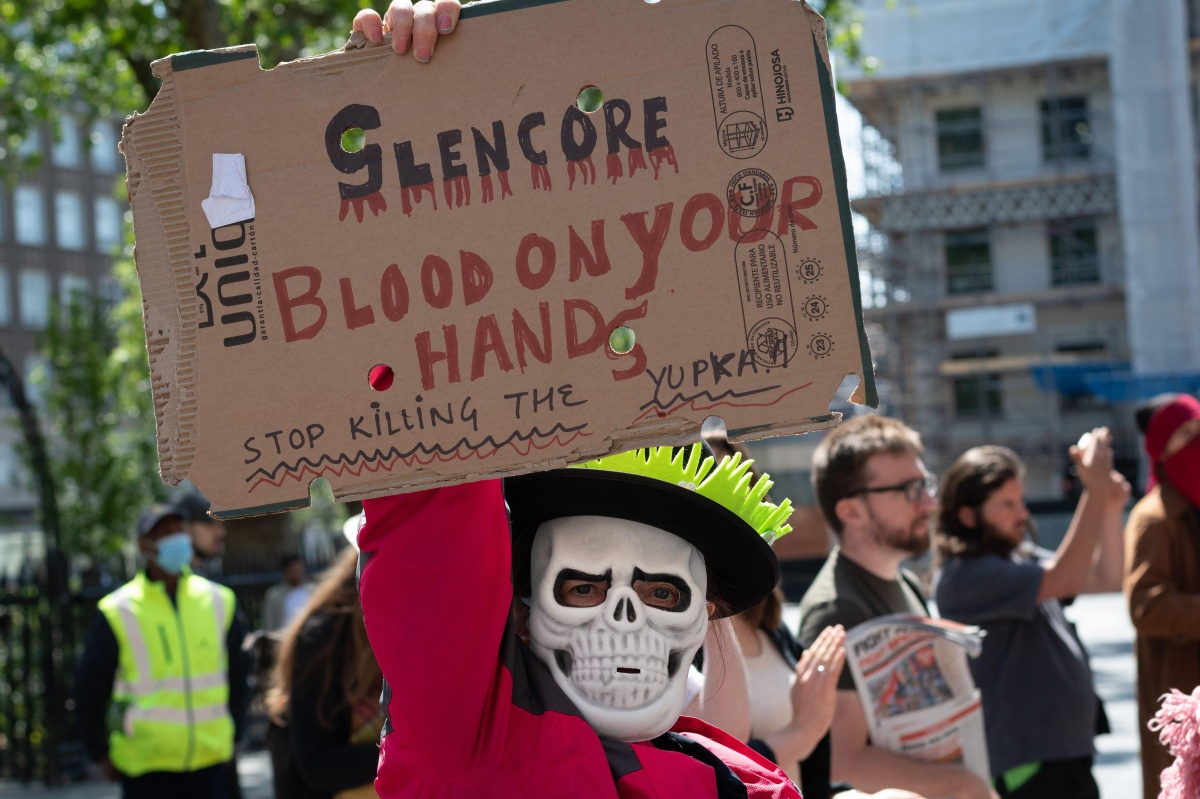Glencore
Switzerland’s Glencore is one of the world’s largest thermal coal producers. GCEL data shows the company produced 99.6 Mt of thermal coal and 19.9 Mt of metallurgical coal in 2024, with mines in Australia, South Africa and Colombia. Glencore has absolutely no intention of phasing out its coal production. In its 2024-2026 Climate Action Plan, Glencore explained that it dropped its coal production cap, because it "may now only serve to cause confusion". Glencore admits in the same report that its “targets are not aligned with the IEA NZE scenario”. The IEA NZE 2050 scenario is a globally renowned framework by the International Energy Agency. It lays out how the world can stay below 1.5°C. Instead of acting on climate change, Glencore dismisses the IEA NZE scenario as “increasingly unrealistic”.

Glencore’s toxic track record stretches far beyond its climate inaction. In 2022, Glencore pleaded guilty in cases relating to corruption and market manipulations, and confirmed having paid bribes relating to contracts in 8 different countries. Further scandals for the company include links to the murder of anti-mining activists in the Philippines, its subsidiary’s role in poisoning water supplies in Peru, alleged money laundering through the island of Jersey, and many more – the list is long.
In Colombia, Glencore operates the notorious Cerrejón mine, the largest coal mine in Latin America. Glencore’s long term partner company, Drummond, is currently on trial for allegedly funding paramilitary forces in the area around Cerrejón. These paramilitary forces terrorized communities and groups that opposed the mining companies for years, as people received death threats on a daily basis, while many disappeared and thousands of people were killed. Former paramilitaries allege that Glencore also collaborated with these paramilitary forces through its subsidiary Prodeco.
